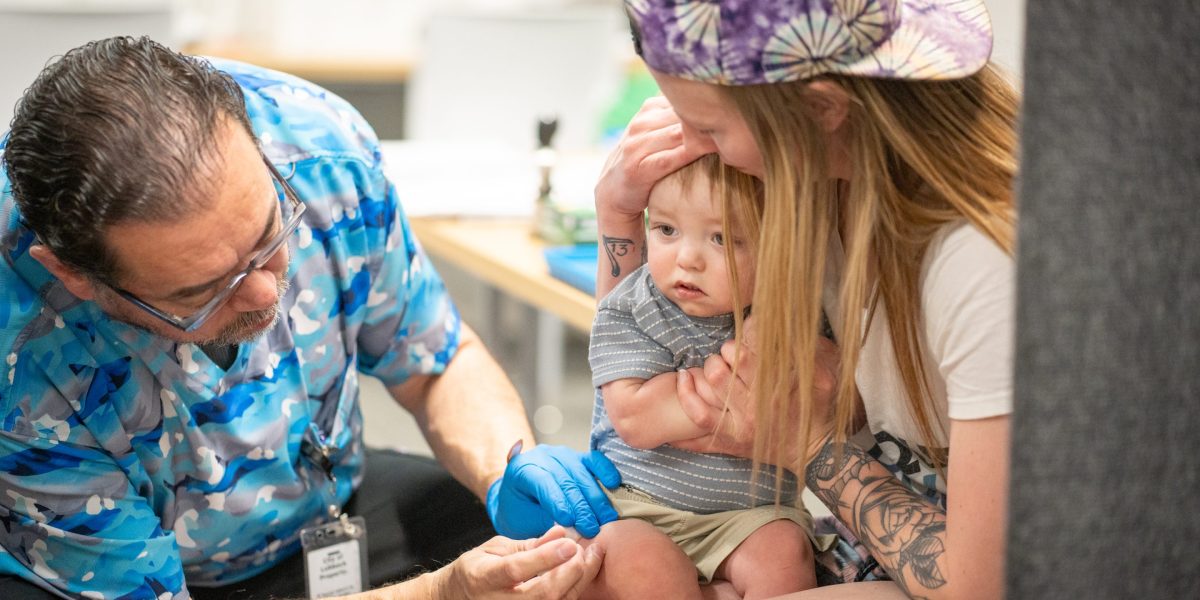Business
D-Wave CEO says the age of ‘quantum supremacy’ may already be here

Business
DOGE could worsen America’s child care crisis with cuts to programs: ‘You could almost feel the wave of panic’
Business
Some free measles vaccine clinics in Texas are closing due to federal funding cuts
Business
How bosses can handle the new unruly office after an increase in workplace incivility
-

 Entertainment8 years ago
Entertainment8 years agoThe final 6 ‘Game of Thrones’ episodes might feel like a full season
-

 Politics8 years ago
Politics8 years agoCongress rolls out ‘Better Deal,’ new economic agenda
-

 Entertainment8 years ago
Entertainment8 years agoMod turns ‘Counter-Strike’ into a ‘Tekken’ clone with fighting chickens
-

 Entertainment8 years ago
Entertainment8 years agoNew Season 8 Walking Dead trailer flashes forward in time
-

 Tech8 years ago
Tech8 years agoMicrosoft Paint is finally dead, and the world Is a better place
-

 Tech8 years ago
Tech8 years agoHulu hires Google marketing veteran Kelly Campbell as CMO
-

 Tech8 years ago
Tech8 years agoFord’s 2018 Mustang GT can do 0-to-60 mph in under 4 seconds
-

 Politics8 years ago
Politics8 years agoIllinois’ financial crisis could bring the state to a halt







